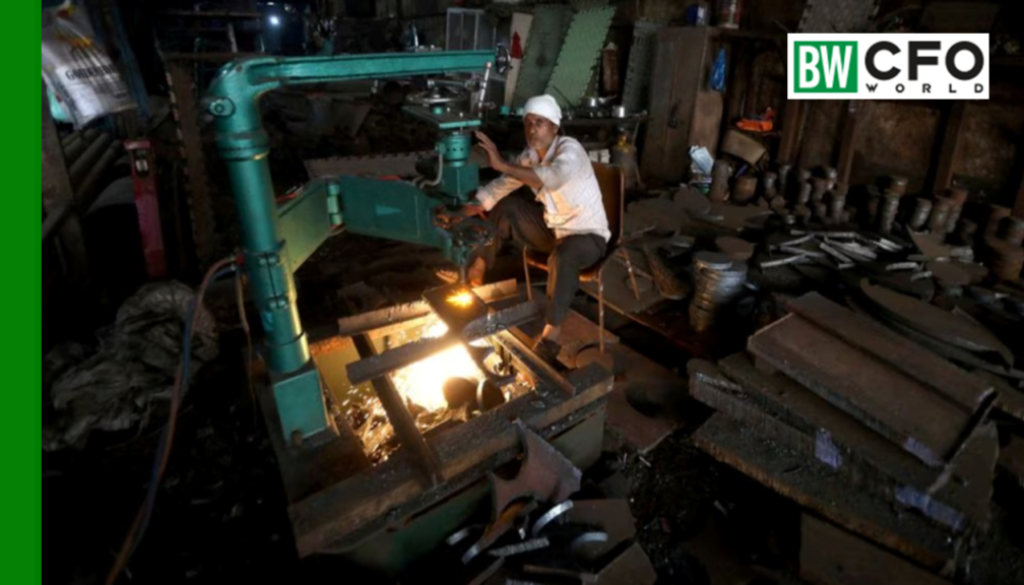India’s Manufacturing PMI Dips To Five-month Low In September
The Manufacturing Purchasing Managers’ Index fell to 57.5, its lowest in five months, missing forecasts
Manufacturing operations in India reached a five-month low in September as new orders increased more slowly than expected, which restrained production growth, S&P Global PMI Index showed.
The Manufacturing Purchasing Managers’ Index, compiled by S&P Global, cited that manufacturing demand has fallen to 57.5 in September from 58.6 in August. The PMI level has remained above the 50-level mark for 27 months in a row.
“India’s manufacturing industry showed mild signs of a slowdown in September, primarily due to a slight increase in the new orders which tweaked production growth,” said Pollyanna De Lima, economics associate director at S&P Global Market Intelligence.
“Nevertheless, both demand and output saw significant progress and firms also noted profits in new business from clients across Asia, Europe, North America and the Middle East,” De Lima added. Despite a slight decrease in the sub-indexes from August, there has been a significant rise in the number of new orders and production.
This growth is attributed to a strong demand from both domestic and international markets, with international demand expanding for the 18th consecutive month. This boost in demand depicts a positive outlook among businesses, leading to the highest level of business confidence in nine months.
Furthermore, it also encouraged companies to recruit more employees, with the employment index reaching its highest point since November. Although the expansion rate remained moderate, the employment index has been above 50 for six consecutive months.
Input costs rose mildly in September at the weakest pace in over three years as participants saw lower prices for aluminium and oil.
Strong demand has spurred companies to raise their selling prices. The output charges index rose, driven by higher labour costs and the rate of increase was above its long-run average, highlighting more inflationary troubles.
“The robust increase in output charges highlighted by the PMI data, which occurred in spite of a notable retreat in cost pressures, could restrict sales in the coming months,” added De Lima.




